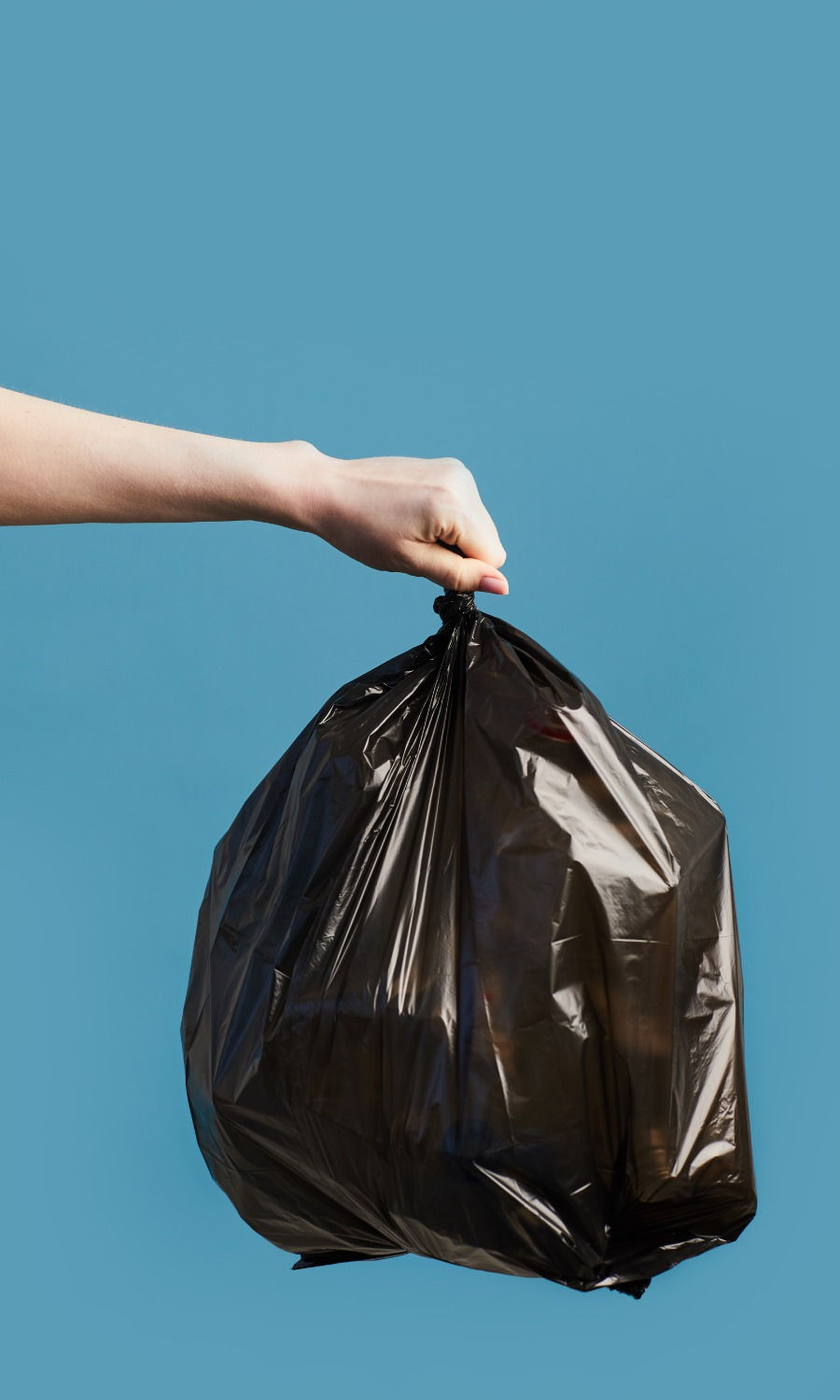Organizing 101: Identifying & Overcoming Clutter
- Brittany Smith
- Mar 8, 2022
- 4 min read
Updated: Feb 10, 2023

Raise your hand if you've opened an overflowing kitchen cupboard, or held a designated space in the bedroom as a mountain of "I'll put it away later" stuff. ✋
Maybe you've had a hard time finding your keys in the morning, or feel stressed you can't find that document your boss wants ASAP. ✋
If you can relate to any of these examples, that's okay, we've all been there! The first thing you need to do in order to effectively reclaim space and remove the stress and anxiety of having "too much stuff", is to admit you want to change.
Now that you've accepted you're ready for change, it's time to understand what the heck Clutter is, and how it is impacting your day-to-day life.
Clut-ter (noun): a collection of things lying about in an untidy mess.

Psychology of Clutter

Clutter can manifest in a variety of ways. For example, it could be an accumulation of items that no longer serve a purpose, it can be scattered throughout a room, or tucked away out of sight. This is also known as hidden clutter.
Acquiring a "cluttered space" does not happen overnight. Implementing a consistent belief that everything is "under control" or that you'll "get to it later" only perpetuates the destructive cycle of clutter, thus making you feel like you are drowning in piles of items around you!
There are four (4) main reasons why people keep items:
Emotional Attachment - I remember when I was 1 and loved Mr. Hugs! but I wish he didn't smell like this now...
Guilt - This was given to me by a friend, I can't just get rid of it...
Keepsake - One day I'll want to give this to my children...
Just in case - Never know when we may need these empty boxes for something...
If items in your home fall into any of the above categories, then you likely have clutter piling up in your home. Now that we understand the reasons, let's look at how holding onto these items is affecting you long-term.
Effects of Clutter

Let's face it, clutter can be exhausting! Not only does it take up precious space in your home, but also in your mind and your heart.
Feeling overwhelmed, anxious, and stressed are common emotional effects of clutter. It can also make people self-conscious, ashamed, or embarrassed about inviting people into their homes. All these negative feelings contribute to procrastination, making it difficult to break the cycle.
In extreme cases, such as hoarding, clutter can result in harmful environments where the risk of injury, unwanted pests, and damage to the items become almost inevitable.
clearing physical clutter = clearing mental clutter
Types of Clutter

So we've defined what clutter is and how it can negatively impact you mentally, physically, and even financially (less clutter = saving money!),
Let's now identify the six (6) common types of clutter that you could be suffering from without even realizing it!
1. It's broken, but I can fix it...
Often these items move from room to room or are not worth the cost to repair
Suggestion: As a homeowner, you deserve the best! Don't prioritize the broken items over the respect you have for yourself and your home.
2. I used to use this for...
Don't live in the past, focus on the present & look forward to the future.
Rule of thumb: if the item wasn't used in the last year then consider donating.
3. I'll eventually use it...
The intention may be sincere, but that is not enough to keep most things.
Suggestion: Visualize your home as a haven - not a storage facility.
4. I got a good deal on it...
Need to determine the difference between want and need.
Suggestion: Evaluate every item you bring into the home before purchasing to avoid unwanted purchases (buy just to buy).
5. I should keep this just in case...
Fear of the possible "what if..." scenario & attach purpose to the item through worry.
Suggestion: Keep the intended purpose of the space at the forefront of your mind. If items do not fit that purpose, then it's time to let them go.
6. I was given/gifted this...
Feeling obligated to keep something because of the sentimental attachment.
Remember 🤞 Relationships should not be defined by the items exchanged.
Suggestion: Take a photo of the item before it is donated as a keepsake to remind you of that fond memory.
How can a Professional Organizer Help

Making the decision to organize your home is more than just a one-time project, it is a lifestyle change. Professional Organizers have a keen eye for detail and creative problem-solving skills to not just de-clutter a space, but to adapt their strategies to match each client's unique organizing goals and needs.
Living with clutter can come in a variety of shapes of forms. As a homeowner, researching different solutions and advice online or in books or magazines can be overwhelming, and most of the time is broad and not targeted to your exact needs.
When working with a Professional Organizer, they will create personalized, simple and effective solutions that not only prevent clutter from returning but leave the client confident and prepared to maintain their space long-term.
Organizing is not a "one size fits all" lifestyle, but now that you have the 4-1-1 on all things clutter, you can take the first step with confidence to successfully reclaim your home! 🏠
Ready to get started?
So am I! Please check out the services listed here to find the perfect organizing package to meet your needs.
Fill out the form here to arrange your complimentary 30-minute consultation with me, a Certified Professional Organizer, today!
Know someone who is looking to speak with a Professional Organizer? Check out my Client Referral Program to see how referring others can get you rewards!
About the Author: Brittany Smith lives in Ottawa, Canada with her husband and feline furbaby Zoey. She is a Certified Professional Organizer, Owner, and Founder of Control the Chaos, a Professional Organizing business that provides personalized in-home, virtual and digital organizing services aimed at transforming anyone's chaos into calm.















Comments